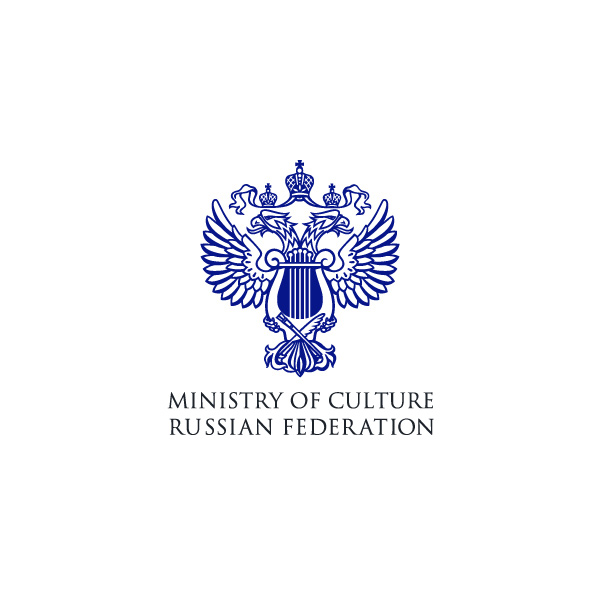The exposition ‘Composition №...’ has become the Russian State Art Library’s (RSAL’s) third educational project-experiment of the RSAL Workshop cycle. This time, artists were asked to study the Arte Povera (poor art) movement, which was popular in Italy in the 1960s—70s.
The Italian reformers Alberto Burri, Michelangelo Pistoletto, Pier Paolo Calzolari, Pino Pascali, and Jannis Kounellis, in protest against the established rules and canons of fine art, began to use ‘non-artistic’ materials—sand, coal, scraps of newspaper, and other debris. In creating their installations, they sought to reveal the poetry of simple things, thereby elevating them above traditional ‘beautiful art’.
The library’s rich collections allow for the study of the creative heritage of masters of various trends in the arts. Specially selected literature, periodicals, and graphic materials helped the project participants to select one of the outstanding representatives of the Arte Povera movement as ‘their master’ and to create their own work in their master’s style.
At the opening of the exhibition, RSAL Director Ada Kolganova expressed her appreciation for the independent research carried out by the young artists and the original works created, which fully correspond to the philosophy and aesthetics of ‘poor art’.
Curator of the ‘Composition №...’ exhibition Alexandra Orlova spoke about the RSAL Workshop cycle, introduced the audience to the creators of the pieces, and gave a tour of the exposition.
Artists who spoke at the opening thanked the library for the opportunity to immerse themselves in the world of the masters, whose work, although it belongs to a bygone century, is extremely in tune with the present time.
The exhibition is part of the programme of the joint Russian-Italian Year of the Muse.


